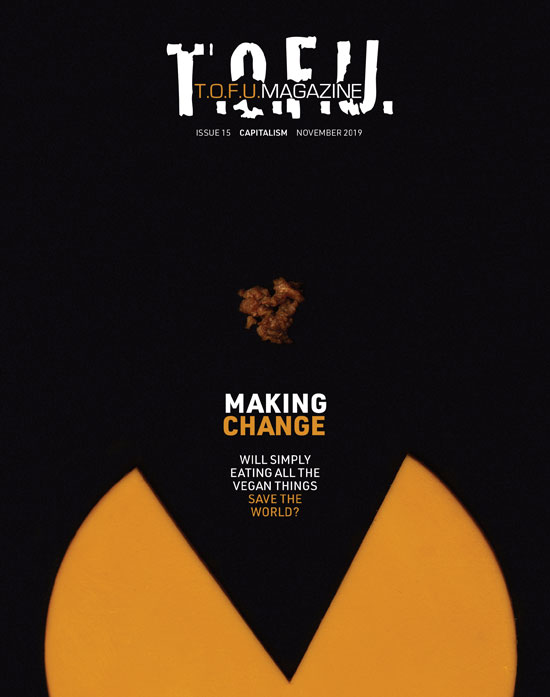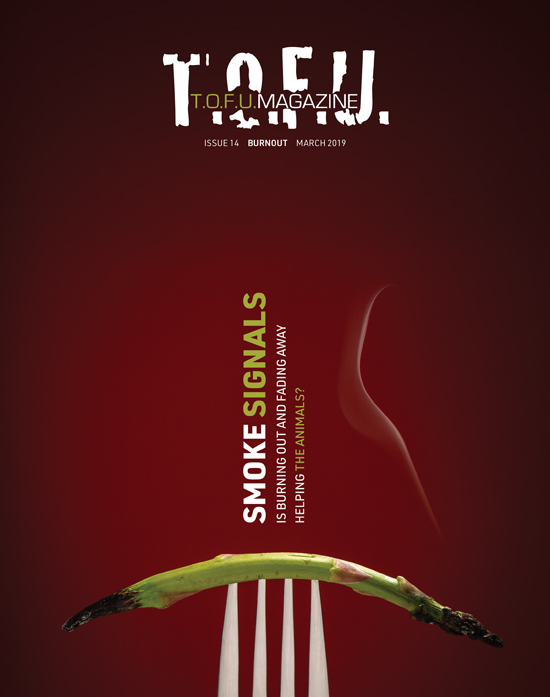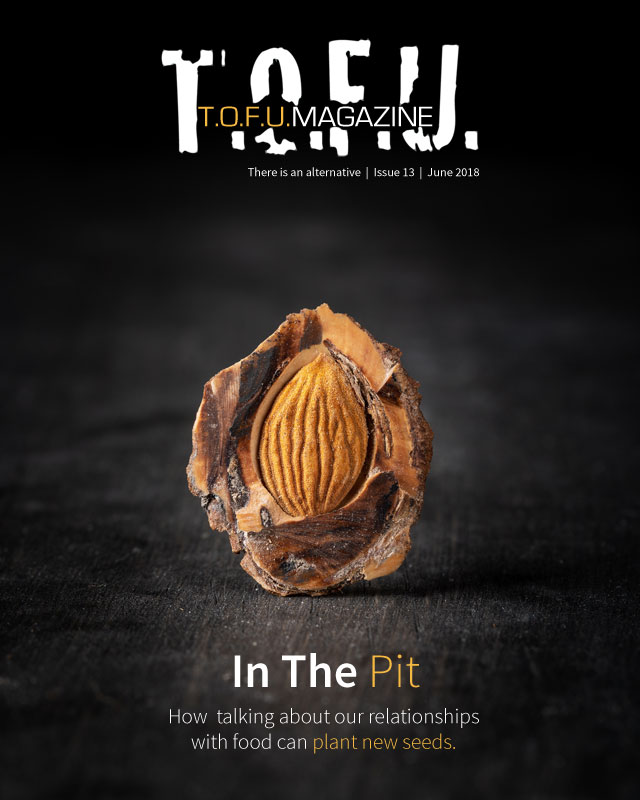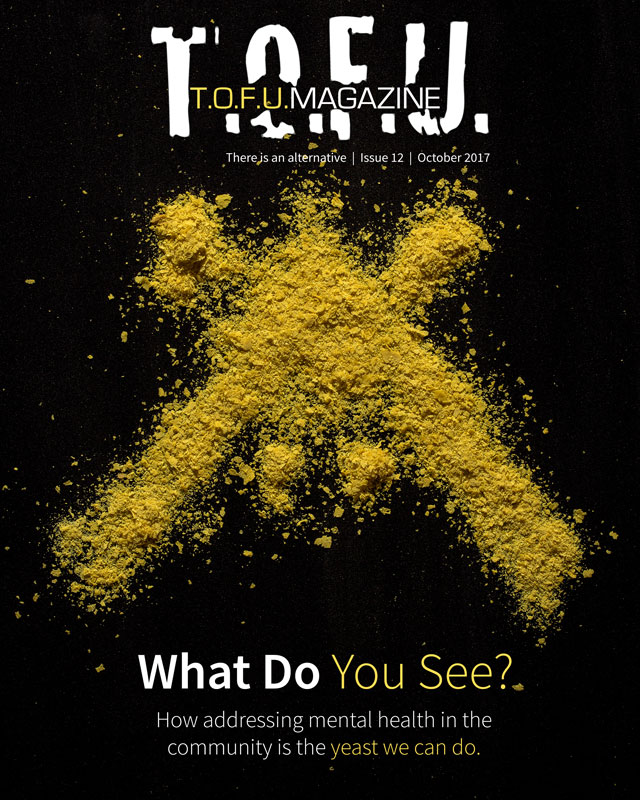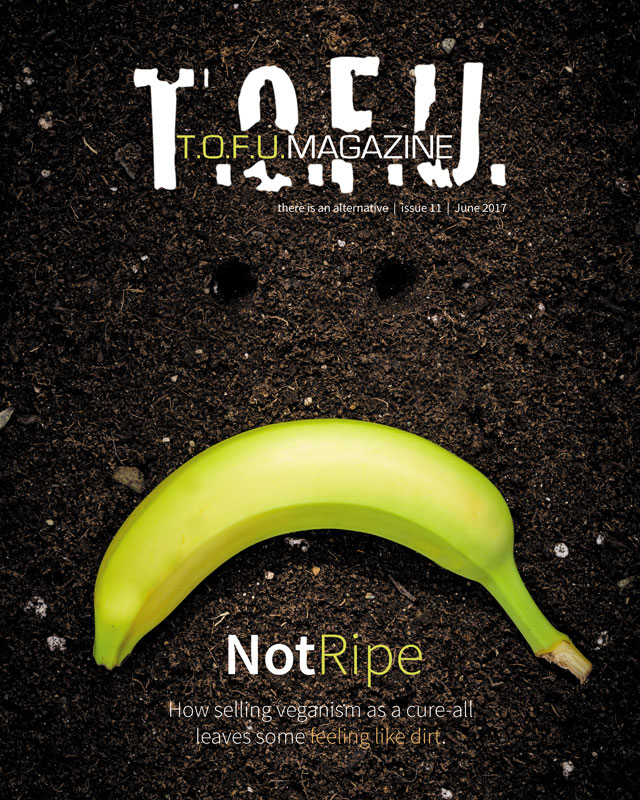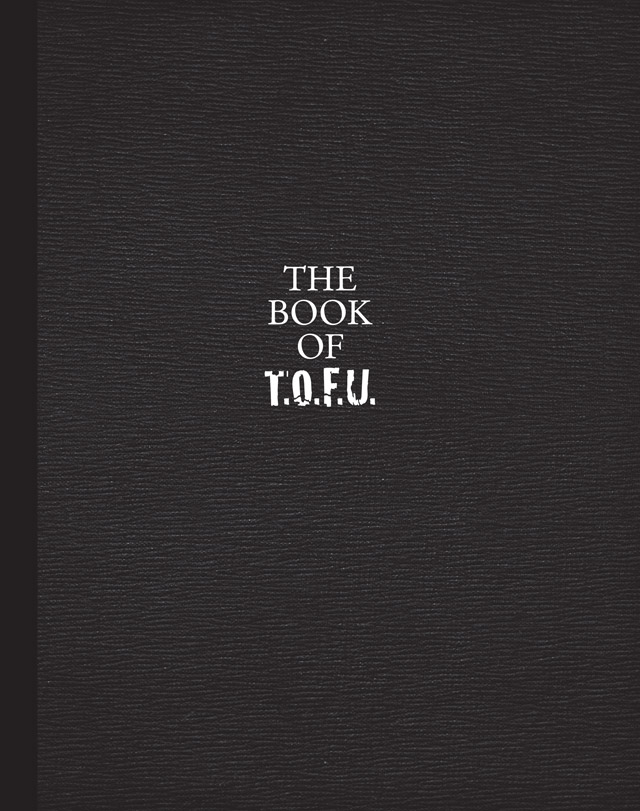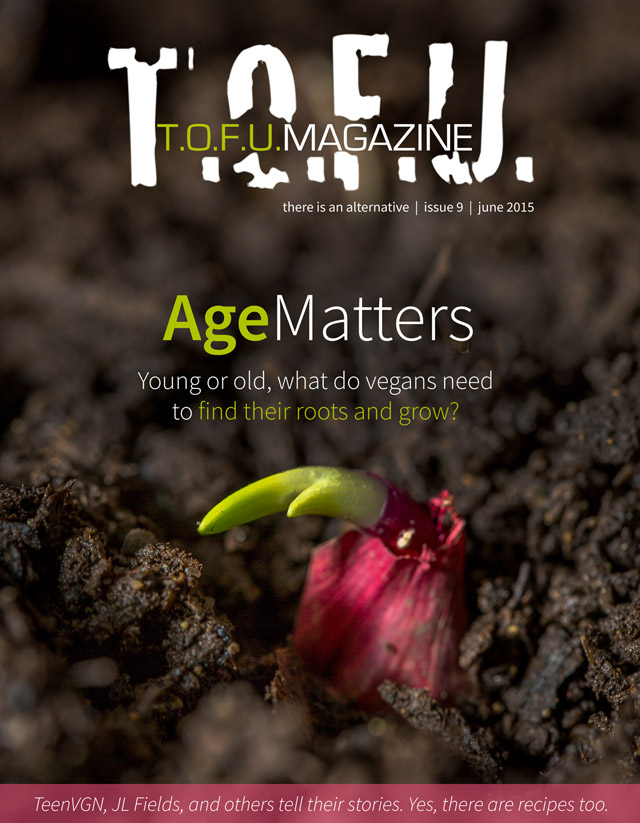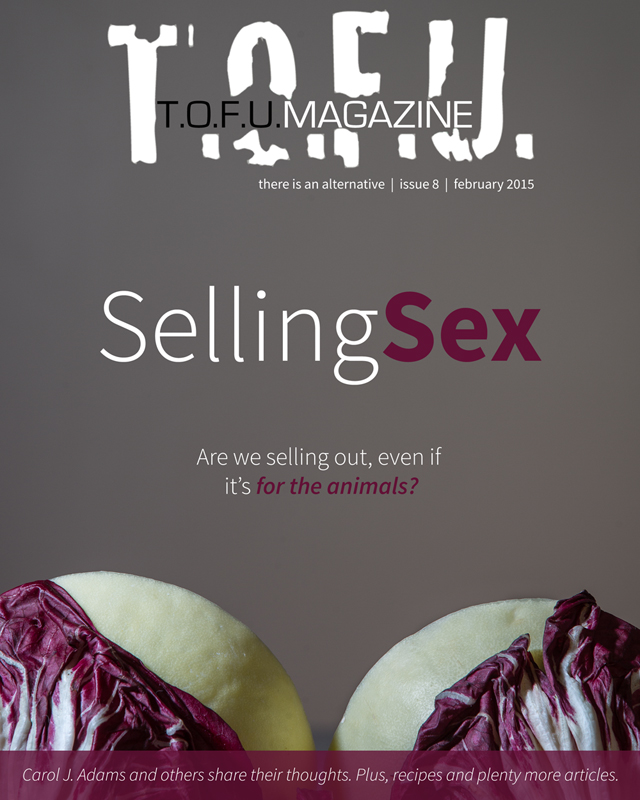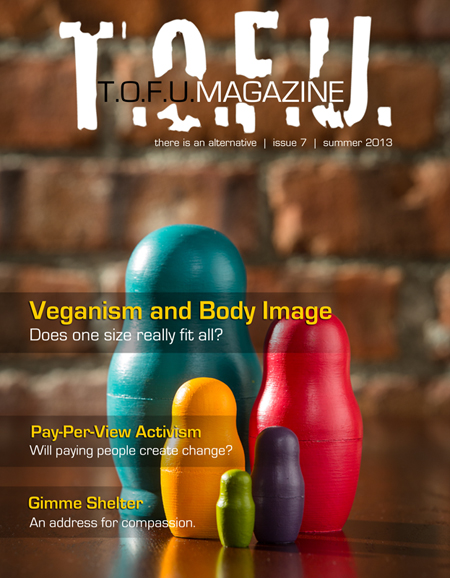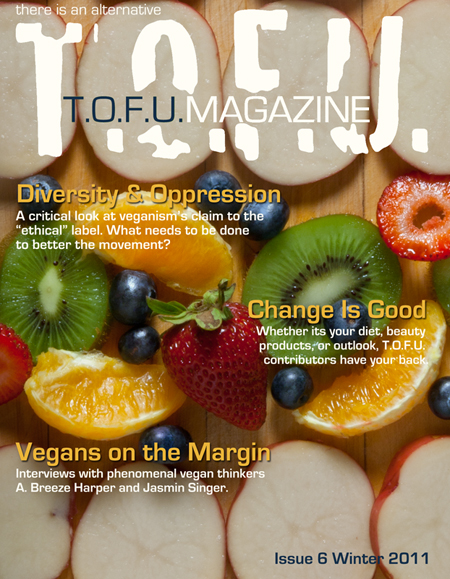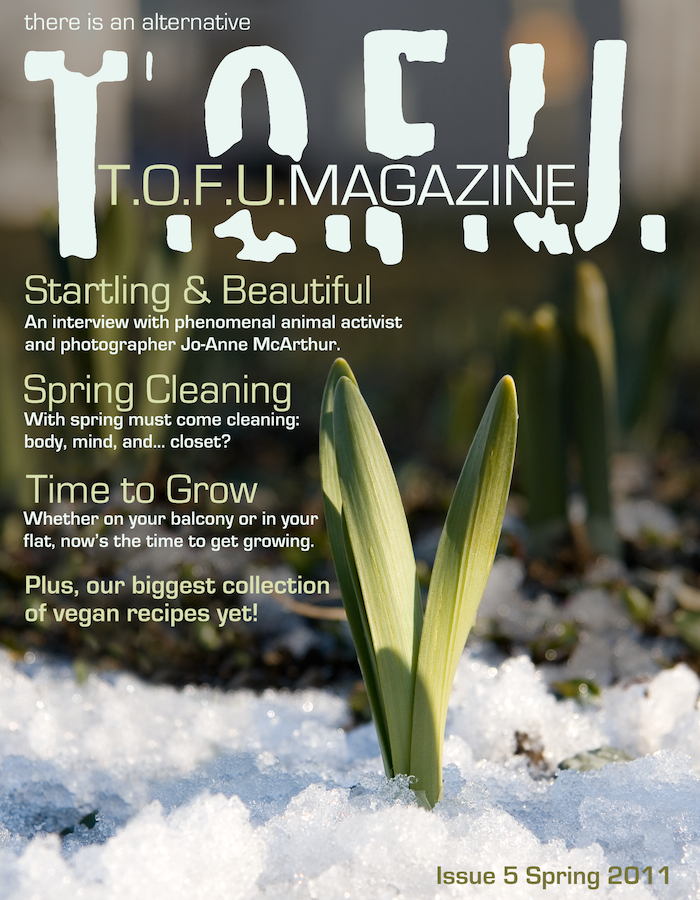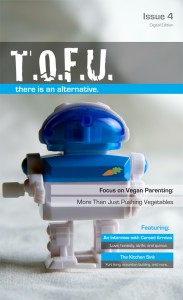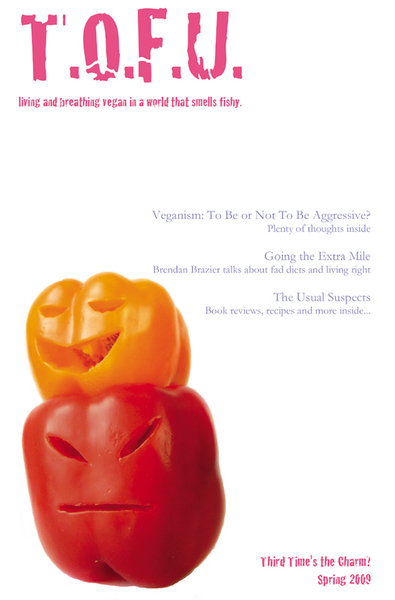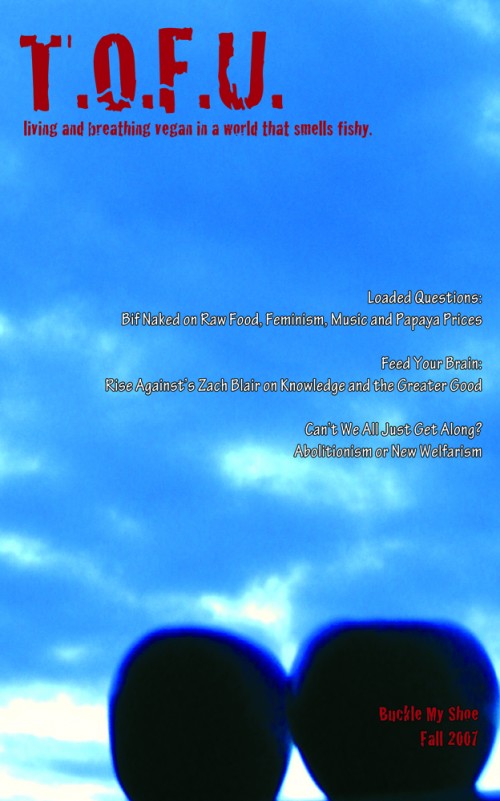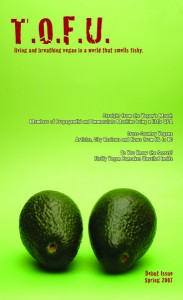TBT | Endometriosis and Veganism
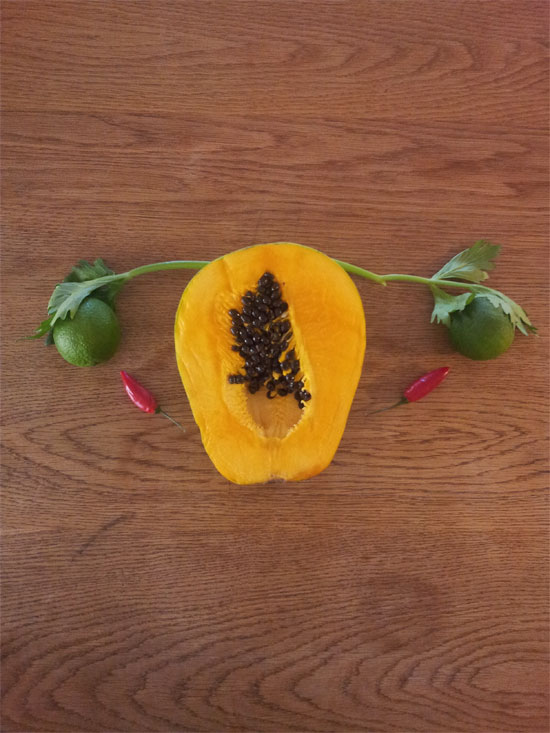
As my sister informed me recently, March is Endometriosis Awareness Month, so I thought I should mention something about it. Since the key sites I found links to when looking for more information were rather cisgendered, I thought I should also mention that endometriosis is not an issue faced by just cisgender women. Numerous other groups of people deal with the pain and suffering of endo every day, and their living outside of the binary only makes it harder to be diagnosed. To give you an idea of just how hard it can be even within the binary, numerous well-known celebrities have even had to be vocal about their struggles to try and shed some light on the problem.
What’s all of this got to do with a vegan magazine? Well, if you’re really not sure, then you probably haven’t read the past issues. Not only is endometriosis a feminist issue, it’s also one that falls outside of the “miracle cure” ideology for many when it comes to veganism.
For more on that, I thought I would throwback today to a piece written by Emory Black in T.O.F.U. #11. With the issue focusing on chronic illness, Emory’s piece provided a great example of just how complicated life can be when you’re a vegan with less than perfect health.
If you’re interested in reading personal stories from other folks about similar things, you can download the issue here for whatever price you want to pay, including free.
Doing the Least Harm
Words and Photo by Emory Black
“Has anyone here tried a vegan diet to help with their endometriosis pain?â€
The question stared at me from the screen. It was not the first time that I had seen it posted in one of the endometriosis groups that I was a part of.
“I’ve been vegan for six years,†I replied, “I was only diagnosed with endometriosis a year ago, when the pain started getting worse.â€
I wonder if I should be encouraging them to go vegan anyway; should I be lying to promote veganism? No, I tell myself quickly, lying is never the right way to promote a cause. Others chime in, saying that they were already vegan before their diagnosis, while a few say that cutting out dairy and meat helped them manage their pain.
Just the Facts
There is some evidence that a vegetarian diet can reduce pain associated with dysmenorrhea (painful periods)1, but there is no clear evidence that it will help with endometriosis2 – in fact, fish oil is one of the more highly recommended food supplements2. Even though there is some evidence to support that vegetarian diets help dysmenorrhea, I feel that pushing a vegan diet on people who are vulnerable is wrong. I’ve been dealing with chronic pelvic pain for nearly a year and a half. It makes you desperate to try just about anything and to exploit that for a vegan agenda is, I feel, reprehensible.
For the last 16 months, since my surgery in January 2015, the longest I’ve been what I consider “pain free†has been eight days. Even then, I still had some mild pain when I went to the bathroom or tightened my abdominal muscles. Due to this near constant pain, I have been struggling with depression and suicidal ideation because I feel like I will never be free of this pain. I’ve tried all sorts of painkillers, usually with no relief. The surgery in January was meant to be the magic bullet, and it did not work. If someone offered me another magic bullet, I would probably leap at it, no matter the cost to myself. Simply put, I am so sick of the pain that I would consider anything to make it stop. Even writing this now, I feel close to crying. For people to say that veganism will ‘cure’ endometriosis (when this is not true) takes advantage of this emotionally fragile state and I truly think that is wrong.
I feel that this ‘wrongness’ is amplified in the endometriosis community, due to the fact that it’s mainly comprised of women. Women who have been told from a young age that food and diet are ways to control their lives in positive ways; weight, attractiveness, etc. Women who are especially at risk of negative behaviours towards food restriction. This worries me doubly because vegan groups are usually very fat-phobic. Many people with endometriosis have fluctuating weights due to a whole plethora of reasons; bad diets due to low energy, being unable to exercise due to pain, hormonal imbalances, drug side effects, and more.
Seeing as I am already vegan, and was vegan when I was diagnosed with endometriosis, I find the suggestion that veganism will ‘cure’ endometriosis funny. It also partially makes me feel like it’s my fault and that I’m doing something wrong because I’m already vegan and I’m still in pain. As though I didn’t worship at the Church of Veganism regularly enough to be granted the magical powers that others seem to have. Not receiving these magic powers could cause someone to question their faith in veganism.
My GP (general practitioner/doctor) has never questioned my vegan diet, trusting me to know what I’m doing (and I imagine the blood test results helped to convince them). The doctor at the hospital where I had my surgery, however, believed that my increased pain after surgery was due to my vegan diet (even though there is some evidence that high vegetable diets can have some small chance of not only alleviating dysmenorrhea but also preventing endometriosis3). Without any analysis of my blood, he came to this conclusion based purely on the fact that I said I have bowel movements 3-4 times per day. When he suggested this, I was at a pretty low point. It had been about six months after my surgery; I had expected it to help me, but everything was worse. I never spoke to him again. I almost reported him. I decided to go through a private specialist instead. It’s been more expensive, but worth it. He’s never once questioned my veganism or tried to blame it for my pain. He has instead tried to gather evidence.
While I have been lucky in that my GP and new specialist have not been critical of my vegan diet, I can imagine that a person who was desperate and had critical doctors (and trusted those doctors) might not stick to a vegan diet. I would not blame them either – I know the utter desperation to control anything you can to make things better. And the utter hopelessness when nothing works.
We’re Not Perfect
After my surgery, I was emotionally and physically exhausted. I was not eating well (e.g. baked beans on toast, faux meats with BBQ sauce, hot chips, skipping meals sometimes). Since everyone seems to assume vegan diets are filled with healthy foods, no one ever seemed to notice or question that this was happening (not that I feel it is their duty to do so). I was almost pushed over into very restricted eating in part because a friend got hospitalized due to their low weight. I imagine it would have been easier to be non-vegan and healthy during that time, thanks to all the readily available meals out there (e.g., frozen meals, takeaway). I don’t think that I will ever stop being vegan, even if it gets hard like that again, but I could understand if someone did. Occasionally, I wonder if my loyalty to veganism sometimes comes at the cost of my own self worth/health. At what point do we have to consider our own well-being in a world that is pitted against vegans? Can someone really be blamed for being unable to access vegan food for emotional/physical reasons, when it is the non-vegan society that causes this problem?
The vegan community can be very unwelcoming to those with chronic illness. Vegans and vegan movements tend to prop up images of idealized ‘health’ (i.e. skinny, not sick, not disabled) and ideas of healthy eating that exclude those with chronic illnesses. Some of the diets that are promoted also exclude those with chronic illnesses (e.g. raw, organic), especially those of us with chronic illnesses that are/ have been living in poverty. Many vegans are also vehemently anti-medicine, believing that animals are tortured for every bit of medicine and, therefore, that humans should suffer (and in some cases die) instead of receiving medications.
A memory of mine that probably highlights this the most is when a vegan in a Facebook group said that they had cancer. People immediately started to question whether that person was really vegan, as of course (sarcasm) a vegan diet would have magically protected them from cancer. Others questioned whether or not that person had actually gotten cancer – were they just faking it for attention? Didn’t they know that vegan food had mystical powers that prevented cancer?
It is for this and many other reasons that I began distancing myself from the vegan community years ago. It was only in the last couple of years that I began to find smaller groups that were interested in an intersectional approach to veganism, and that used evidence and science for a lot of their claims. These groups often cared about the people, and understood that not everyone had the capacity to be vegan all the time.
Endometriosis groups, on the other hand, don’t really care what you eat. People in these groups seem to think that it’s your body, so it’s up to you what you put in it. They will recommend things that have worked for them, or things that have been advertised by others, but that’s about it. I’ve never had anyone get into debates about ethics or nutrition, but then again I’ve been in the endometriosis groups for 1/6th of the time I’ve been vegan. Maybe I’ve yet to see things get nasty.
I believe that vegan communities have a lot more work to do before they are open to everyone. Veganism, to me, has always been about doing the least harm possible, about nurturing, care, and compassion. This is why I will not advocate veganism to desperate people (but will give advice when asked). This is why I will not yell at or judge people who cannot currently maintain being vegan. I will instead help where I can, advocate for more accessible food and nutrition knowledge, equality, better treatment of those with chronic illnesses, etc. All of these contribute to a more vegan world – veganism isn’t just about individual diets, it’s about achieving a more equitable world. That, for me, involves looking after disabled and chronically ill people and welcoming and helping them where we can.
References
- Barnard, ND, Scialli, AR, Hurlock, D & Bertron, P. 2000. “Diet and Sex-Hormone Binding Globulin, Dysmenorrhea, and Premenstrual Symptoms.†Obstetrics & Gynaecology, vol. 95, no. 2, pp. 245 – 250. Viewed 23 April 2016.
- Fjerbæk, A & Knudsen, Ulla. 2007. “Endometriosis, Dysmenorrhea and Diet—What is the Evidence?â€, European Journal of Obstetrics & Gynaecology and Reproductive Biology, vol. 132, no. 2, pp. 140 – 147. Viewed 23rd April 2016.
- Parazzini, F, Chiaffarino, F, Surace, M, Chatenoud, L, Cipriani, S, Chiantera, V, Benzi, G & Fedele, L. 2003. “Selected Food Intake and Risk of Endometriosisâ€. Human Reproduction, vol. 19, no. 8, pp. 1755 – 1759. Viewed 23rd April 2016.

